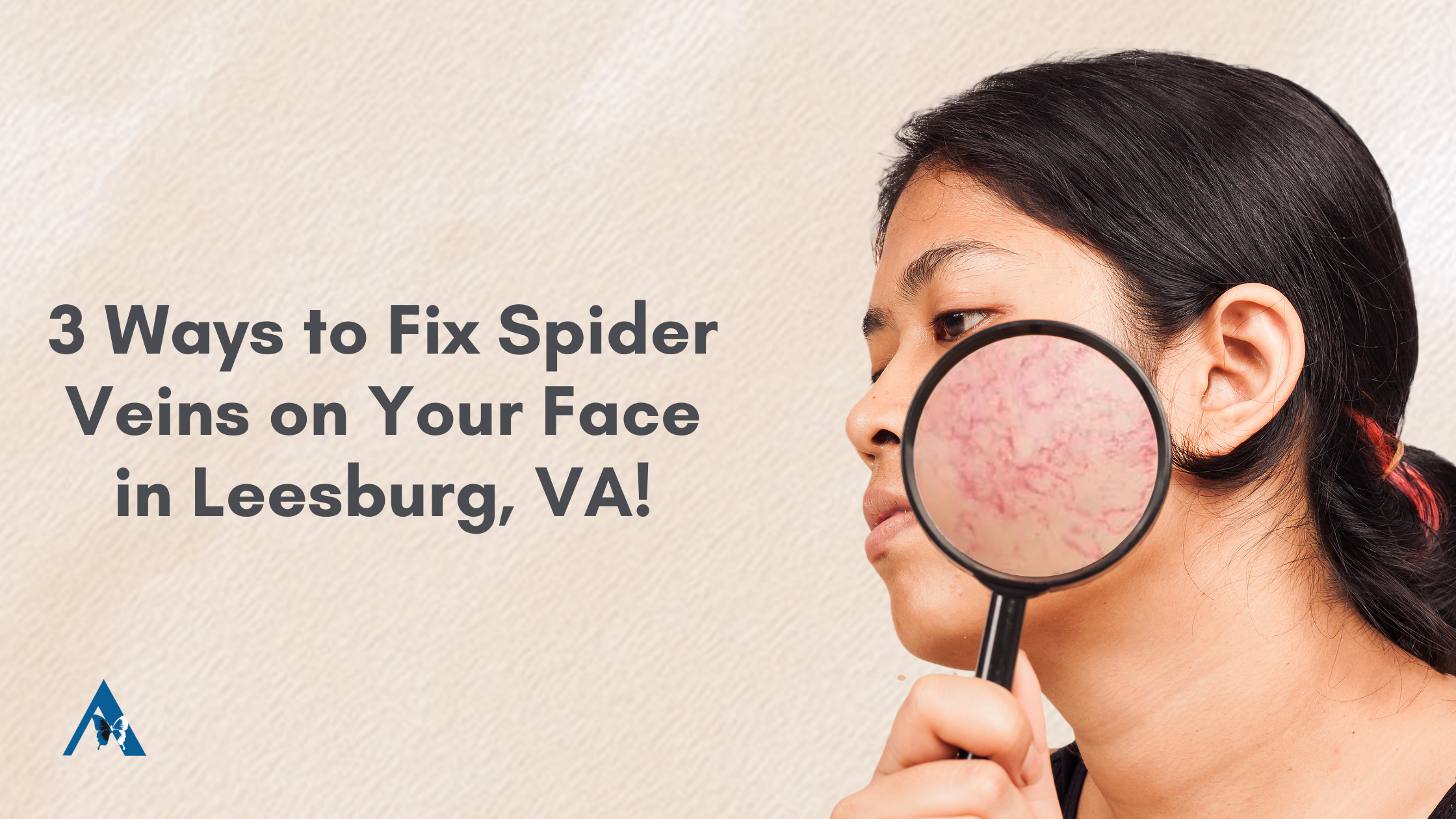Does the Sciton DiVa® Laser Help With Incontinence?7 min read

Aesthetica Editorial Team

Meet Evelyn, who, like many of our patients, had been dealing with urinary incontinence for ages. Because of this embarrassing condition, she frequently found herself avoiding her favorite activities, such as exercise and social outings, out of fear of having an accident.
After consulting with Dr. Chang’s team, Evelyn decided to try Sciton diVa® laser therapy to address her urinary incontinence. After just three quick treatment sessions of this nonsurgical and minimally invasive treatment, Sarah noticed significant improvements in her bladder control and quality of life.
With newfound confidence and freedom, Sarah can now enjoy activities without the fear of incontinence holding her back!
What Is Incontinence, and What Are Its Causes?
Urinary incontinence is a medical condition causing an involuntary loss of bladder control, resulting in accidental urine leakage. It can happen to anyone, although more common in women and older adults.
Urinary incontinence can range in severity from occasional leaks to a complete loss of bladder control. It can significantly impact an individual’s quality of life, leading to embarrassment, social isolation, and depression. Treatment options vary depending on the type and severity of incontinence and may include lifestyle changes, pelvic floor exercises, medications, or surgery.
Urinary incontinence can be caused by various factors, depending on the type. Some of the most common causes include:
- Aging: As people age, the muscles that control bladder function can weaken, paving the way for incontinence.
- Constipation: Chronic constipation can pressure the bladder and contribute to overflow incontinence.
- Damage to the nerves: Nerve damage from childbirth, surgery, or conditions such as diabetes can interfere with the normal signaling between the brain, spinal cord, and bladder, leading to various types of incontinence.
- Hormonal changes: In women, hormonal changes during pregnancy, childbirth, and menopause can weaken the pelvic floor muscles and affect bladder control.
- Medications: Diuretics and muscle relaxants can increase urine production or affect bladder control.
- Obesity: Excess weight can pressure the bladder and pelvic muscles, increasing the risk of incontinence.
- Urinary tract infections (UTIs): UTIs can cause bladder irritation and increase the frequency and urgency of urination, leading to urge incontinence.
- Weak pelvic muscles: The pelvic floor muscles support the bladder and urethra. Weakness in these muscles can lead to stress incontinence.
What Are the Types of Incontinence?
There are several types of urinary incontinence, each with its own underlying causes and symptoms. The most common types of urinary incontinence include:
Stress incontinence occurs when urine leaks during physical activities that pressure the bladder, such as sneezing, coughing, laughing, or exercising. It is most common in women, particularly after childbirth or menopause.
Urge incontinence — or “overactive bladder” — is characterized by a sudden, intense urge to urinate, followed by involuntary leakage. It can be caused by bladder muscle contractions that are too intense or frequent, neurological conditions, or bladder infections.
Overflow incontinence occurs when the bladder does not empty, causing urine to leak out in small amounts. It is caused by a blockage in the urinary tract, nerve damage, or weak bladder muscles.
Mixed incontinence involves a combination of stress and urge incontinence. It is more common in women.

How the Sciton DiVa® Laser Addresses Incontinence!
Sciton diVa® laser vaginal therapy is a nonsurgical, minimally invasive procedure that uses the world’s first and only revolutionary Hybrid Fractional Laser (HFL) technology to treat vaginal issues such as dryness, itching, pain during intercourse, and urinary incontinence.
The procedure involves inserting a small, specialized laser probe into the vagina, which delivers controlled laser energy to the vaginal lining. Through this approach, poorly functioning tissue is refreshed and rejuvenated!
The laser energy stimulates the production of collagen, which helps improve the tone, texture, and elasticity of the vaginal tissue. This approach reduces vaginal dryness, improves vaginal lubrication, and enhances sexual sensation. In addition, the diVa® laser also strengthens the pelvic floor muscles, reducing the symptoms of stress urinary incontinence.
The diVa® laser vaginal therapy is usually performed in a series of 3 treatments spaced 4 to 6 weeks apart, each taking around 3 to 5 minutes. It is considered a safe and effective treatment for women experiencing vaginal issues and looking for a nonsurgical solution!
Who Is a Good Candidate for the Sciton diVA® Laser?
The Sciton diVa® laser is a nonsurgical vaginal rejuvenation treatment tailor-made for women who are experiencing a range of vaginal issues. Good candidates for diVa® laser treatment include patients who:
- Experience vaginal dryness or irritation
- Experience vaginal laxity or sagging
- Have difficulty achieving orgasms
- Have experienced a decrease in vaginal lubrication
- Have experienced vaginal changes due to aging or menopause
- Have experienced vaginal changes due to childbirth or breastfeeding
- Have urinary incontinence or bladder leakage
It is important to note that diVa® laser treatment may not suit everyone. Please consult Dr. Chang to determine if diVa® laser therapy is appropriate for your needs and concerns. His team will evaluate your medical history, conduct a physical examination, and discuss your treatment goals and expectations to determine if diVa® laser treatment is the ideal vaginal rejuvenation option for you!
Benefits of Sciton DiVa® Laser for Urinary Incontinence!
Sciton diVa® laser therapy has been shown to provide several benefits for urinary incontinence, particularly stress urinary incontinence. This type of incontinence occurs when there is pressure or stress on the bladder, such as during exercise, sneezing, coughing, or laughing.
The diVa® laser therapy works by stimulating collagen production in the vaginal tissue, thus improving the strength and elasticity of the vaginal walls and the muscles that support the bladder. This approach leads to improved bladder control and reduced symptoms of urinary incontinence.
Some of the specific benefits of Sciton diVa® laser therapy for urinary incontinence include:
- Increased muscle tone: The diVa® laser therapy increases the strength and tone of the pelvic floor muscles, thereby improving the symptoms of stress urinary incontinence.
- Improved vaginal lubrication: diVa® improves vaginal lubrication, reducing irritation and discomfort that can contribute to urinary incontinence.
- Nonsurgical and minimally invasive: The diVa® laser therapy is a nonsurgical, minimally invasive treatment free of any cuts or significant downtime.
- Long-lasting results: The effects of diVa® laser therapy can last for several months or even years, depending on the patient!
Managing Urinary Incontinence After Sciton DiVa® Laser Treatment
After undergoing Sciton diVa® laser treatment, here are several ways to manage urinary incontinence and ensure the best possible outcomes:
- Avoid bladder irritants: Certain foods and drinks, such as caffeine, alcohol, and spicy or acidic foods, can irritate the bladder and worsen urinary incontinence. Avoiding these triggers will help improve bladder control.
- Stay hydrated: Drinking plenty of water and staying hydrated reduces the symptoms of urinary incontinence and improves bladder function.
- Use absorbent products: Various absorbent products, such as pads, help manage urinary incontinence and reduce the risk of accidents.
- Talk to your healthcare provider: If you are experiencing ongoing symptoms of urinary incontinence after diVa® laser treatment, it is essential to communicate with Dr. Chang. He will recommend additional treatment options, such as medication or further laser therapy.
Overall, managing urinary incontinence after Sciton diVa® laser treatment involves a combination of lifestyle modifications, pelvic floor exercises, and potentially additional treatments. However, with the proper care and support, many patients significantly improve bladder control and quality of life!
Regain Control of Your Bladder With Sciton DiVa® Laser Incontinence Treatment!
Ready for your Sciton diVa® laser treatment? Come meet with us at 19500 Sandridge Way, Suite 350, Leesburg, VA 20176, or call us at (703) 574-4342 for a complimentary consultation with Board-Certified Plastic Surgeon Dr. Phillip Chang before moving forward with your procedure! If everything matches up, our team will help you navigate the entire process, from beginning to end! Also, don’t forget to check out our blog and social media for more information on plastic surgery and plastic surgery trends!
Let Us Help You!
Our office can provide you with helpful information, schedule a free consultation, and walk you through the many services and procedures we provide.
Contact Dr. Chang's Office:
More Articles For You

Areola Reduction for Men in Loudoun County
In the heart of Loudoun County, where the beauty of nature meets bustling urban life,

3 Ways to Fix Spider Veins on Your Face in Leesburg, VA!
Spider veins, those small, web-like networks of blood vessels that can appear on your face,

What’s a Unit of BOTOX Anyway? | Aesthetica GoToBeauty
Have you ever heard about BOTOX and wondered what it’s all about? It’s like the

When Do Boobs Stop Growing? Finding the Perfect Time for Breast Surgery
Ever wondered when your boobs finally decide to take a break from growing? Or you’re
